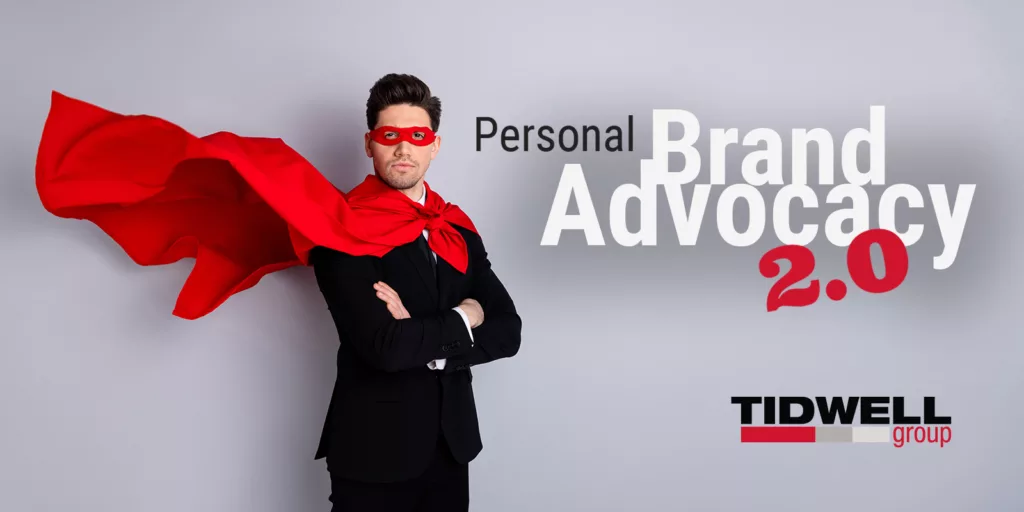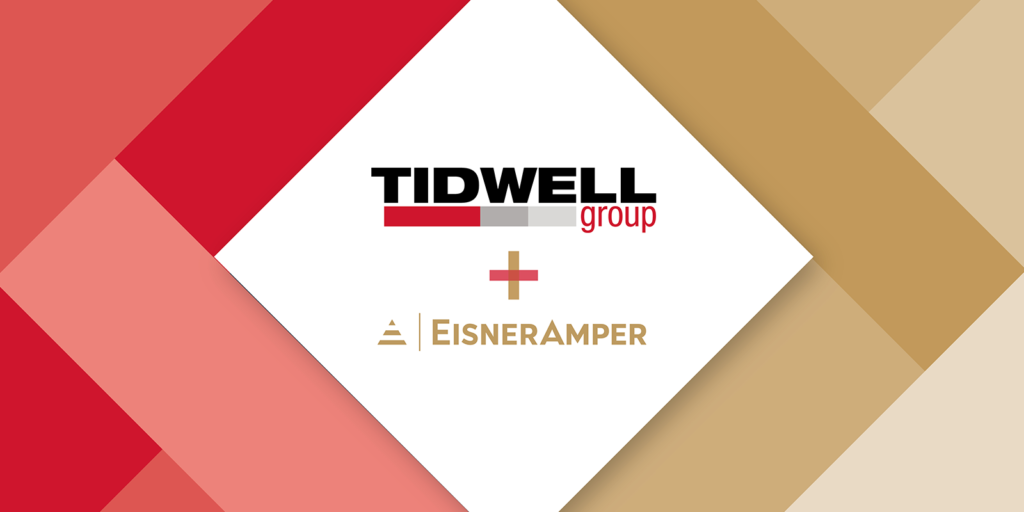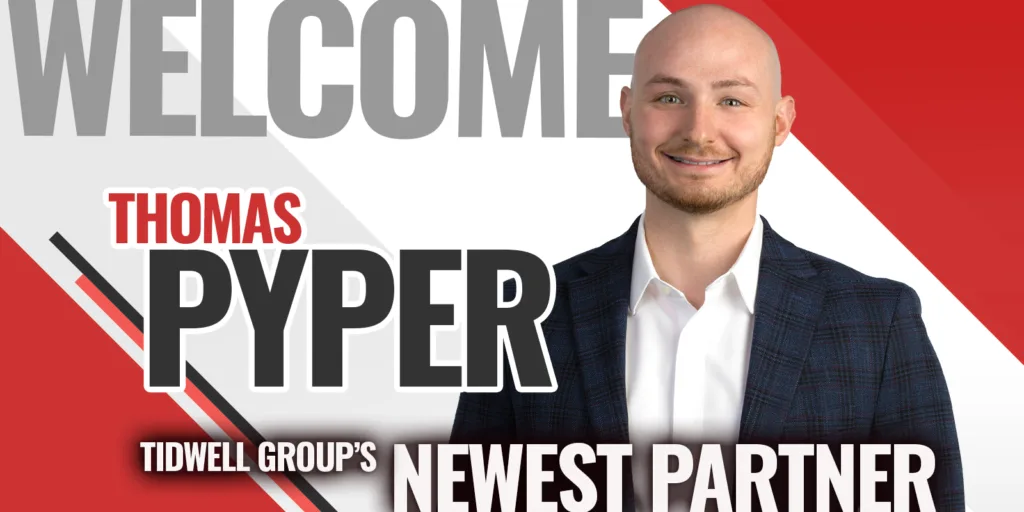By: Robert Boot
Personal branding is a proactive strategy to advance your career and stand out beyond your results and reputation. It elevates your first impression of others.
This strategy is different from shameless self-promotion. Eagerly seeking opportunities to tout your skills in every situation is a surefire way to make yourself seem arrogant. Conversely, when talented people surround you, you won’t get noticed by relying on your reputation and work results alone. More than standing out from the crowd, building a brand helps you align your personal and career interests. Ultimately, creating a larger sense of purpose in your career will help you avoid leadership fatigue and burnout.
No one will follow you if you don’t know where you are going. – Jack Trout, branding theorist and consultant
When considering your personal brand, ask yourself these questions:
- What are my personal interests outside of work?
- What are my career aspirations and skills?
- Where do my personal interests and career interests intersect?
Explore further:
- What do team members depend on me to deliver?
- What value do I provide to clients?
- What elements of providing for clients do I enjoy the most?
Let’s say that your career aspirations include creating accounting processes specifically for nonprofit organizations. With those skills, you want to move into team management but are not yet perceived as a team leader. You need recognition for those skills by how you describe your work and role on a team.
Your personal interests include gardening, music, and natural health remedies, to name a few. By thinking about the alignment of career and personal interests and the clients you enjoy the most, you will probably like nonprofit organizations focusing on community-based agriculture, music, and health care.
Take it a step further. If you introduced yourself to a potential client with any of these missions, how would you express a brand that combines your personal and career interests? You might say: “I create spaces for dreaming.” By delivering transparent accounting processes, you free your clients to imagine broader possibilities for their missions. By expressing this personal brand, you are also communicating how you would lead a team.
Your brand is what people say about you when you are not in the room. – Jeff Bezos
Defining your personal brand in a few words is proactive and not passive. Instead of allowing others to define your brand, you must do the more profound work of identifying and proactively promoting it.
Research Your Current Brand
 As an experiment, open an “incognito” window in Google and search the following about yourself:
As an experiment, open an “incognito” window in Google and search the following about yourself:
- Your name, first and last
- Variations of your name
- If your name is common, consider adding other elements that might help define you, including your occupation, employer, school, etc.
What results did you get? In my case, the results were for social networks — LinkedIn, Facebook, and Twitter. The other results are press releases in trade publications. These results are current and positive, which is excellent! In my experience — and likely yours too — social media and content creation will form the backbone of your personal branding outreach. To change your passive perception of yourself, you must proactively develop content communicating your brand.
Here are a few examples of what personal branding efforts look like in action:
- Act as your own media company. According to Harvard Business Review, look for owned and earned media opportunities to share professional insights that align with your personal brand. This includes your personal social profiles and the creation of articles, videos, and speeches. You can earn media through mentions and tags, likes, shares, and comments, which increases visibility for your career and the firm.
- Share a variety of content. Brainstorm about the type of content that matches your personal brand. Remembering the example previously, you might post about gardening or music you like, interests outside of your career. PR News recommends sharing how you got into your career or being honest about a recent challenge you experienced and how you overcame it.
- Interact with your followers and “friends.” Social media is supposed to be social, but we often forget to like and comment on the posts of our followers. This extra effort builds your online relationships as well as your personal brand. Who should you follow back on social media to build your brand? Business.com encourages you to follow other interesting brands to get inspiration. You can also follow prospective clients and people you admire.
Tie Personal Branding to Firm-Wide Goals
 After identifying your personal brand, discover how it can align with the firm’s growth goals. This strategy will support your visibility and career advancement.
After identifying your personal brand, discover how it can align with the firm’s growth goals. This strategy will support your visibility and career advancement.
According to Gallup, high-development organizations encourage employees to experiment and take on responsibilities in areas where they have natural skills and interests. Rather than a ladder, some employees may move horizontally across departments or move diagonally into a new industry niche. If you want more of a vertical promotion, assess where the firm could use your skills in interpersonal communication, team dynamics, or process improvements.
After identifying how you add value to your workplace, it is essential to establish and reinforce that value by increasing your visibility to the professional community. Whether you are early in your career or a seasoned professional, it is time to promote how you can contribute knowledge effectively and build interest in your work. Consider the following starting points:
- Follow other advisors on social media to see how they promote their knowledge and experience.
- Ask your managing partner(s), HR, or marketing team about personal branding activities supporting firm-wide business goals.
- Read any company policies that guide individual writing, networking, or social media activities on behalf of the company.
If you prefer writing for the company blog over participating in social media activity — or if the opposite is true — develop a consistent process for contributing. Consistency will help audiences associate specific topics or comments with your brand. This recognition can increase opportunities to participate (and future promotions).
Fresh Personal Branding Action Items
Start slow, but consistently make improvements to your personal brand. Here are a few tips to consider.
- Networking
Networking is digital as well as in-person. When you reach out to your followers, share something related to your personal brand. Make it personal about your goals, lessons learned, or tips from people you admire. If you only have time to network virtually, follow various industry groups in your field and take time to regularly engage with applicable social media posts. Connect with and follow industry influencers to see how they reinforce their personal brands. - Bio and Profile Updates
There are many tutorials about how to set up your bio and social profiles to engage your audience. Express your personal brand in two to three words and use that as your headline in a social profile; they can always see your job title and education farther down in your profile once you get them interested in learning more!
Here are a few other ideas: Add a cover photo reflecting your personal brand or personality. Make sure it is high resolution and captures attention. You can also include featured content that reflects your personal brand. Also, fill out your volunteering section to demonstrate broader interests beyond your career.
- Client and Sales Talking Points
When someone asks, “What do you do?” be ready with a more exciting story about how you solve problems, inspire, or challenge the status quo. Lead with your beliefs and interests about your work, which will spark more interesting conversations. - Volunteering
Look for opportunities to volunteer in the community that are tied to your personal brand. If you like sports, serve on a community center board. If you want to help alleviate poverty, volunteer at a soup kitchen. Share your experience on social channels regarding what it’s taught you. - PR
You could be interviewed as a subject matter expert on your personal brand. Sites, like Help a Reporter Out (HARO) look for interview subjects, as do trade publications in your client industries. Connect with and follow industry influencers to see how they reinforce their personal brands.
Network Internally and Share Your Personal Brand

Does everyone in your firm know what you do, or have you isolated yourself in your office or cubicle? Be proactive. Look for opportunities to introduce yourself to more people in your company who work in related services.
- Share your professional expertise and let people know you are happy to consult on related projects. Tactfully ask questions in meetings that draw attention to your personal contributions.
- Eat lunch with your colleagues and — when appropriate — direct supervisors. If you work in a fast-paced, results-oriented workplace, make an appointment or ask someone to have a quick coffee at your desk to identify ways in which you might coordinate your work.
The suggestions I have outlined in this article can provide tremendous opportunities to improve your ability to advance in your career if implemented professionally. They will also provide exceptional service to your clients and your employer.
Effectively promoting your personal brand can have a measurable impact on your career trajectory. With the right intentions — a willingness to pursue your unique purpose in life — people will increasingly trust your professional motives, and you will strengthen your personal brand in ways that benefit the entire team and your clients.

Rob Boot
Chief Marketing Officer
If you have any questions, please don’t hesitate to contact me below.










